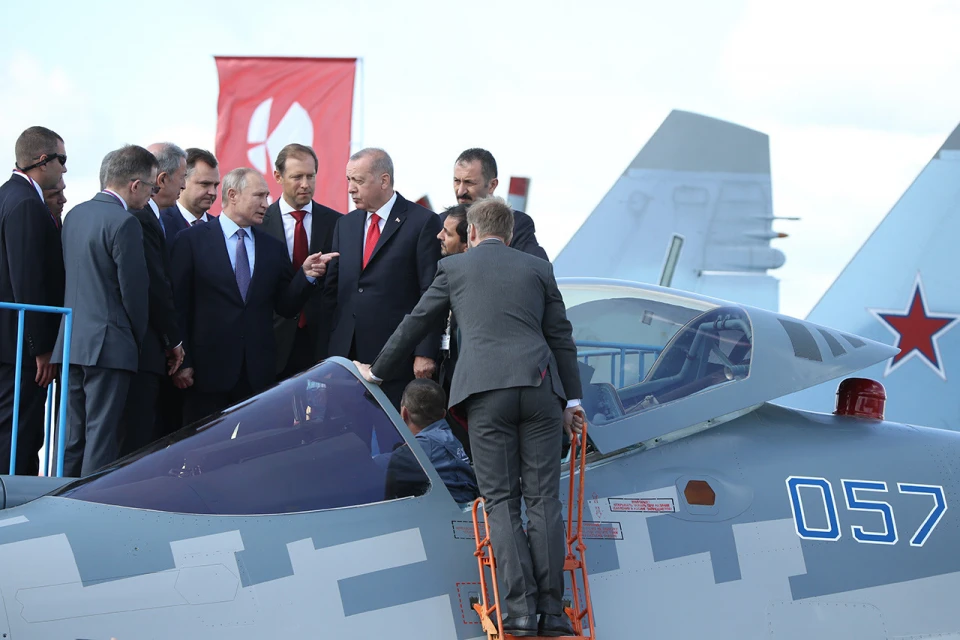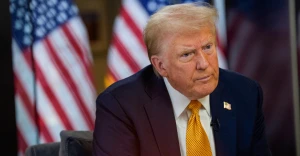
Moscow struggles to salvage global market standing as arms exports plunge 92%
Russia's arms exports have drastically decreased due to the shift in focus towards military needs and the ongoing war in Ukraine, leaving only a few traditional buyers
Defense Express reported the information.
In the period 2021-2024, Russia's arms export volume has decreased by as much as 92%, or 14 times, down to only $1 billion. Meanwhile, the geography of the supply market has shrunk to 12 countries, which remain in the list of Moscow's "traditional" clients.
In this context, Russia announced its first contract for exporting Su-57 aircraft, with Algeria as the buyer. This should be viewed more as an effort by Russia to salvage its standing in the global arms market.
The American analytical institution Jamestown Foundation details that the 92% collapse in arms exports from Russia between 2021 and 2024 occurred specifically due to the full-scale war against Ukraine. In comparison, Russia's arms sales in 2021 amounted to 14.6 billion dollars, highlighting a 14-fold drop over the course of three years.
The Russian military-industrial complex shifted to a "war footing," prioritizing the needs of the Russian army over fulfilling export contracts. At the same time, traditional buyers of Russian weapons became more cautious or switched to alternative suppliers, such as China.
The authors of the Jamestown Foundation refer to SIPRI data, which shows that between 2019 and 2023, Russia sold 53% less weaponry than in the 2014-2018 period. This comparison can be seen as evidence of a systemic crisis in Russia's arms export industry.

Despite clear signs of a crisis, Russia has some reasons for reassurance. Among the 12 countries still buying its weapons are key partners like India, China, and Myanmar, which remain important for the Kremlin.
Additionally, Rosoboronexport reports a total value of $55 billion in export orders currently held by Russia's defense industry. However, it emphasizes that the actual execution of these contracts is merely "delayed" due to Russia's full-scale war against Ukraine.
- News











































